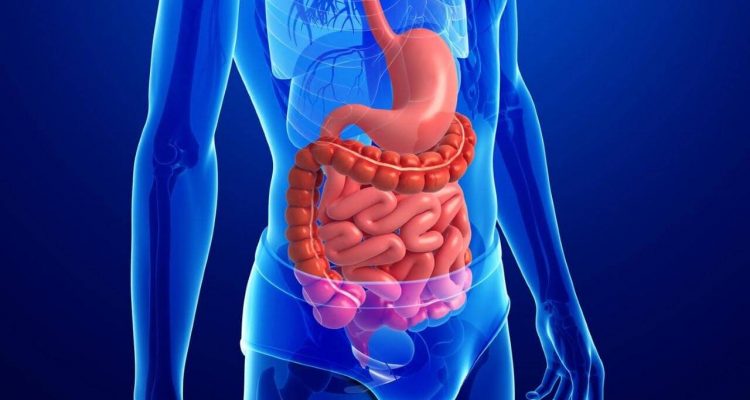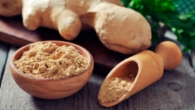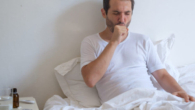
4 bad habits that kill the intestines
0
Suddenly experiencing severe cramps or an overwhelming feeling of fullness is a sign that the intestines are not able to perform their true function. These 4 habits can be the cause.
The body is a complex mechanism that reacts to all kinds of external factors, including intestinal digestion. Suddenly you are tormented by a terrible pain, a feeling of distension. The thought of a serious illness immediately comes to mind, but most often the intestines are disturbed by unconscious everyday situations.
1. Poorly chewed food
Either the lunch break is too short, or the appetite is too strong – often you don't take enough time to really enjoy your food and instead swallow it. The chewing mechanism is also neglected, although in reality you should chew at least 30 times. For the intestine, this condition is a heavy burden, because food enters the intestine in too large portions – a gigantic task for the organ.
2. Restriction of bowel movements due to stress
Even if short-term stress improves the functioning of the body and brain, it reduces the activity of the intestines. In stressful situations, the body releases more adrenaline because it reacts with the help of the fear and escape mechanism.
If the stressful situation lasts longer, such symptoms as flatulence, bloating, cramps or nausea may occur in the stomach and intestines. If the intestine repeatedly reacts to stressful situations, experts speak of irritable bowel syndrome, in which the activity of the intestinal muscles is particularly sensitive.
3. Empty carbs cause inflammation
No matter how delicious a slice of white bread or pasta may be, these foods can be a serious test for the gut. Food consisting of simple carbohydrates contains a small amount of fiber and is therefore a particularly good environment for the reproduction of viruses and bacteria. These dangerous intestinal bacteria greatly disrupt the intestinal flora and cause digestive problems.
4. Regular alcohol consumption
Whether it's a beer after work or a glass of red wine with dinner, even a small amount of alcohol has a negative effect on gut function and can damage the gut in many ways. Ingested ethanol reacts directly with the mucous membrane of the small intestine and causes redness of the mucosa, cell damage or even minor bleeding. In addition, frequent consumption of alcoholic beverages increases the risk of colon cancer.









Leave a Reply